
Apply to a foreign university with confidence
- Properly fulfilled documents
- Perfect motivation letter
- Support from a personal mentor
- Offers from several universities
Article score: 4 out of 5 (4 reviews)
Everything you need to know about language courses in Hungary: admission, tuition fees, best language schools, programs, and how to get a visa.
Free consultation

| School | Program | Duration | Tuition | Residence cost | City |
|---|---|---|---|---|---|
| Corvinus University | Preparatory Program | 1-2 semesters | 3,390 USD/semester | 73-125 USD/month | Budapest |
| Eötvös Loránd University | Summer University | 2-4 weeks | 698-1,073 USD/course | Price on request | Budapest |
| Intensive Hungarian Foundation Course | 1 year | 1,921 USD/semester | |||
| University of Pécs | Summer University | 2-4 weeks | 621-1,130 USD/course | 203-452 USD/course | Pécs |
| General Hungarian | 1 semester | 166 USD/semester | Price on request | ||
| Preparatory Program | 1-2 semesters | 3500-5500/course | Price on request |
| Types of programs | Intensity | Group | Min. language requirements | Avg. cost |
|---|---|---|---|---|
| General Hungarian (Evening or Morning) | 2-8 | 6-10 | Starter (A0) | 169 USD/semester |
| Intensive Hungarian Course | 25 | 6-12 | Starter (A0) | 113 USD/week |
| Individual Lessons | Individual | 1 | Starter (A0) | Individual basis |
| Summer Camp | 10-20 | 6-8 | Elementary (A2) | 441 USD/week |
| Summer University | 20-30 | 6-12 | Starter (A0) | 678 USD/2 weeks |
| Preparatory Courses | 15-30 | 2-50 | Starter (A0) | 3,390 USD/semester |
Courses at Hungarian language schools are not very diverse. Among them, the most common are:
There are 3 types of courses at Hungarian universities:

There are no language level requirements at language schools, making it easy to enter them. To apply, fill out an application form, pay the registration fee and course cost, and wait for an invitation. Enrollment dates depend on the school, but as a rule, new students are accepted at least once a month.
Refund policies call for close consideration. Some schools withhold only the amount of the registration fee, while others do not return any money. For example, if you enroll in a course but are denied a visa, the school can only offer access to an online program for the same amount[2].
University courses are mainly summer intensives (2-4 weeks) and preparatory programs lasting 1-2 semesters. They are found at many universities: Eötvös Loránd, Szeged, Pécs, Corvinus University.
Summer courses take place in July-August. The enrollment process is the same as for language schools.
Enrollment for preparatory programs takes place once a semester. Most universities do not require a Hungarian proficiency certificate. Some, however, require knowledge of English at the Intermediate level, given that programs include lectures in English.
Admission requirements for preparatory programs are higher. Universities view all applicants for such courses as potential students, and therefore treat them more strictly. However, upon completion of the preparatory program, you still have to take an entrance test.
Documents for admission to preparatory programs:
The list of documents may differ depending on the university.
The Hungarian language belongs to the Finno-Ugric family. It includes Finnish, Estonian, as well as the languages of Russian indigenous people — Mordovian, Komi, Mari, and Udmurt. They have common features — agglutination, postpositions instead of prepositions, and a lack of grammatical gender. All of this makes the language quite difficult to master.
Hungarian is spoken only in the country itself and a little at the borders of neighboring countries. Because of this, the language is not very popular for learning. It is mainly studied by future students of Hungarian universities. Therefore, there are few Hungarian language schools that are focused on foreigners. They do not have their own dormitories, and courses are mostly long-term with a low intensity.
University programs, on the other hand, are common. Summer intensive courses include 30 hours of Hungarian per week and an exciting cultural program: lessons in Hungarian crafts, folk music and dance evenings, tasting traditional dishes, as well as trips to neighboring cities, excursions, and hikes.
In preparatory programs, students study grammar and work out reading, writing, and listening. Particular attention is paid to the vocabulary of the future field of study. From the beginning of their studies, students practice academic skills: making presentations, writing essays, and reading scientific articles. At the end of the program, students receive academic credits.

| Accommodation options | Meals | Number of people per room | Avg. cost per week |
|---|---|---|---|
| School residence | None | 2-5 | 113 USD |
| Apartment | None | 1-2 | 313 USD |
| Hotel | Breakfast / breakfast and dinner | 1-2 | 339 USD |
| Expenses | Min. | Avg. |
|---|---|---|
| Consular fee | 45 USD | 68 USD |
| Registration fee | 113 USD | 226 USD |
| Medical insurance | 25 USD/month | 130 USD/month |
Additional expenses may also include study materials, delivery of an invitation by express mail, and airport transfers. Costs should be clarified with the school representatives.
| Service | Cost |
|---|---|
| Complete guidance in registering for courses — language schools abroad | 38,000 ₽ |
| Complete guidance in the admission process — university language courses | from 75,000 ₽ |
| Visa guidance | 69,000 ₽ |

For short-term language courses in Hungary lasting up to 90 days, students need a Schengen category C visa. The processing time is 15 days.
Required documents:
If you plan to study for more than 90 days, you need a temporary residence permit. First, you will be issued a visa for 30 days. With it, you can enter the country and receive a residence permit. The review period is also 15 days.
Documents for obtaining a temporary residence permit:
With a residence permit, students can work no more than 24 hours a week. Most universities in Hungary have career offices that offer help with employment.
Several Hungarian universities eagerly await for foreign students to join their language courses.
Located in Budapest, Corvinus University offers preparatory programs to potential students. The programs last 2 semesters (10 months). The cost, including the registration fee, is 5,503 USD. The curriculum includes learning English, Hungarian, and subjects related to your field of study (economics, sociology, mathematics, business). In addition, you are given a student ID card, thanks to which you receive access to the university library and discounts for transportation, museums, theaters, and sports tournaments.
For admission, you need to know English at the Intermediate level. You do not, however, need a certificate — your knowledge will be assessed during the interview.
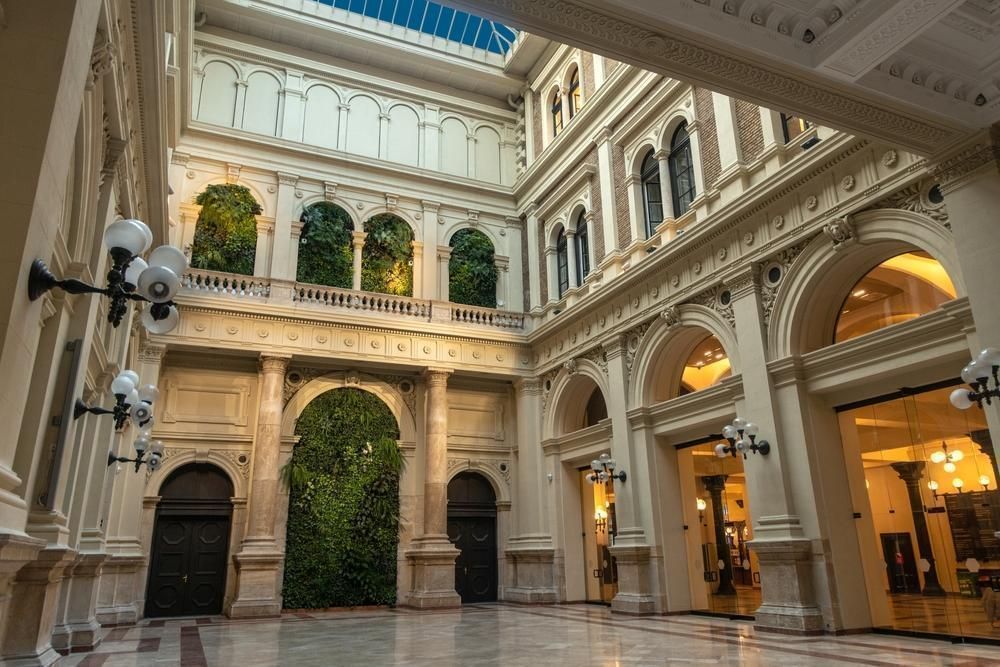
The University of Pécs also runs preparatory courses. Here, however, the duration depends on your level of Hungarian proficiency. If you know the language at a B1 level or above, then the study period is reduced to one semester.
In late July-early August, the university invites students to their Summer University. The program consists of 30 Hungarian lessons per week, which mainly develop conversational skills. In addition, students study the culture and history of the country: they visit villages, small towns, and reserves in the nearby mountains of Mechek, as well as get acquainted with traditional crafts, music, and dances.
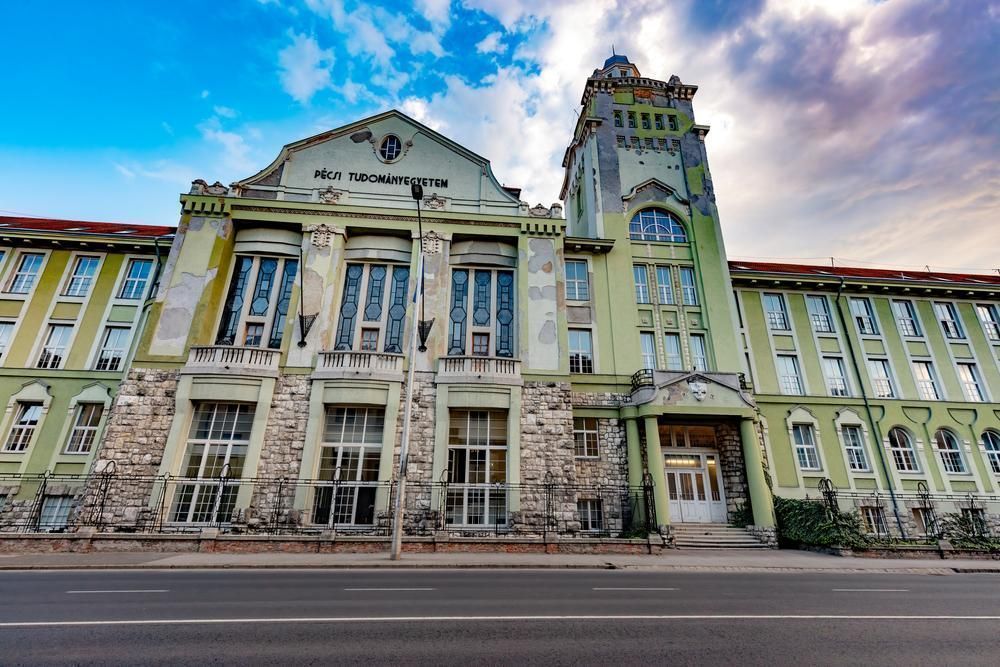

| Region | Central Hungary |
| Attractions | Széchenyi Bath, Hungarian Parliament Building, Andrássy Avenue, Danube Embankment, Central Market Hall. |
| Monthly expenses (without accommodation) | 559 USD |
| Region | South Alföld |
| Attractions | Votive Church of Szeged, Szeged Synagogue, Piste Danko Monument, Szeged City Hall. |
| Monthly expenses (without accommodation) | 512 USD |
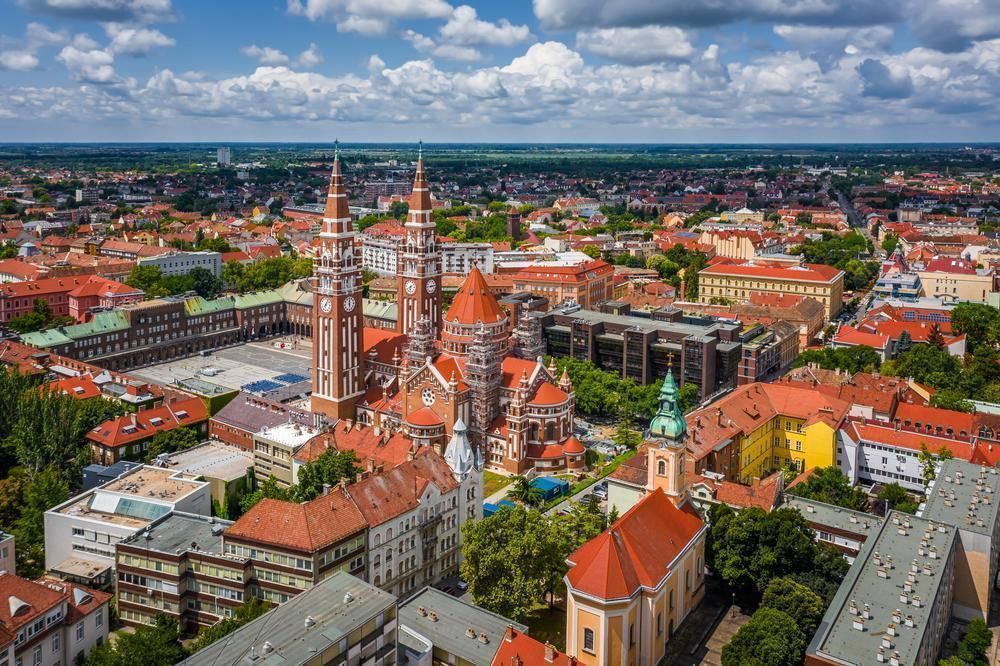
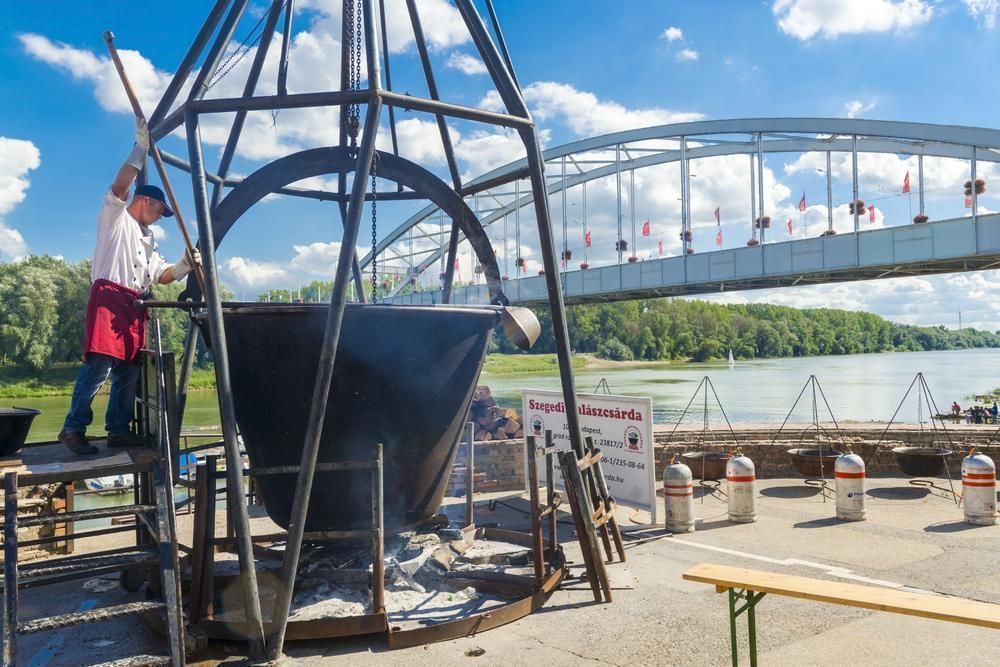
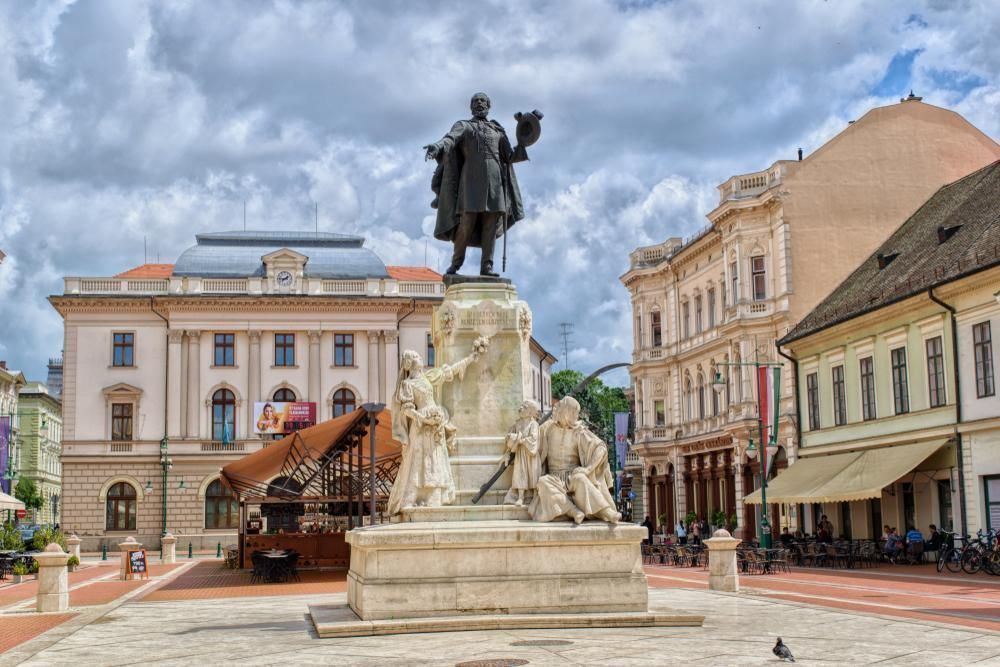
| Region | South Transdanubia |
| Attractions | Széchenyi Square, Romanesque Cathedral of St. Peter and Paul, Zsolnay Quarter, Meček Mountains. |
| Monthly expenses (without accommodation) | 494 USD |
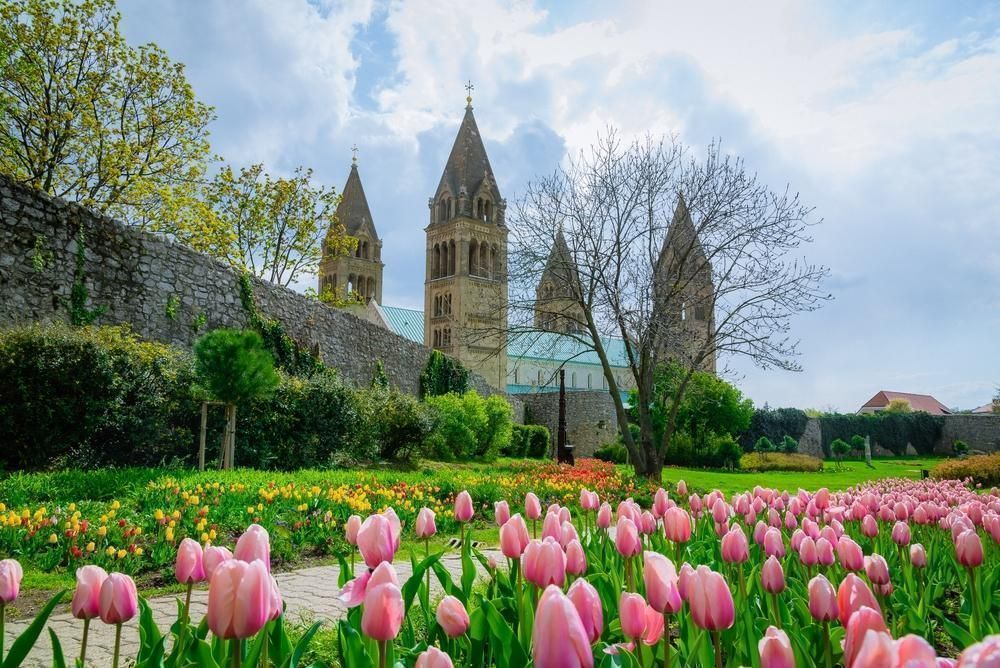
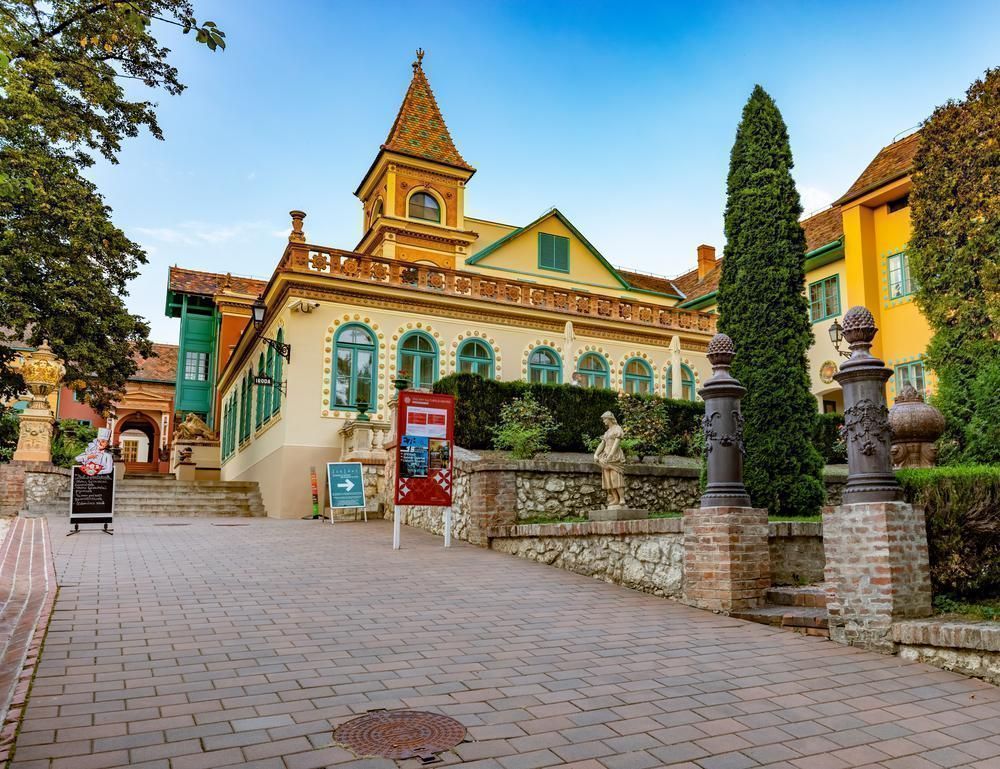
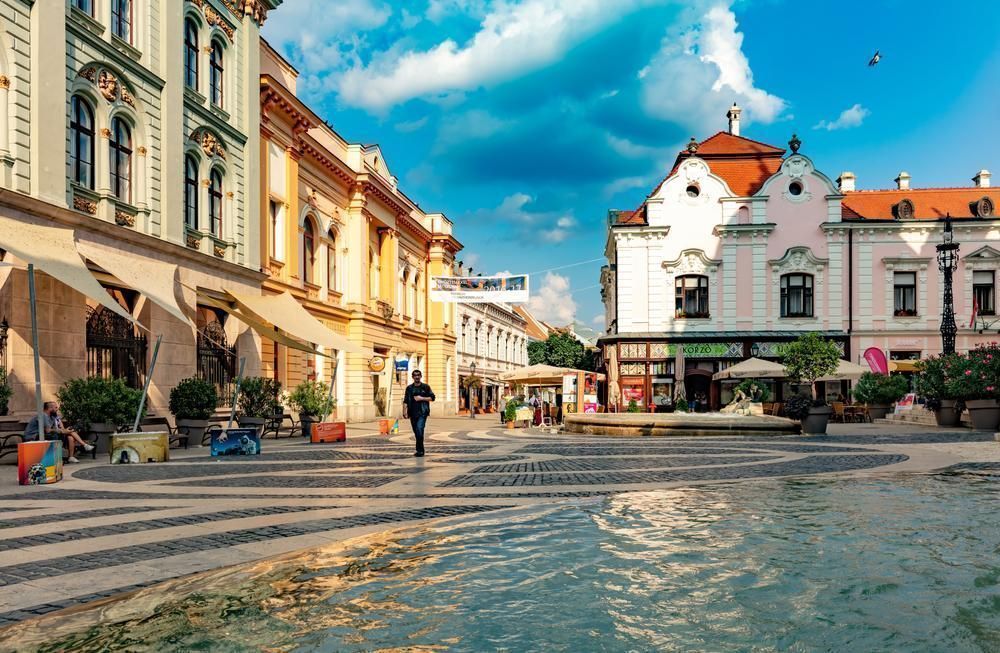
60+ countries
we work with
$1,000,000 saved
by students through scholarships
6,400 offers
our students got